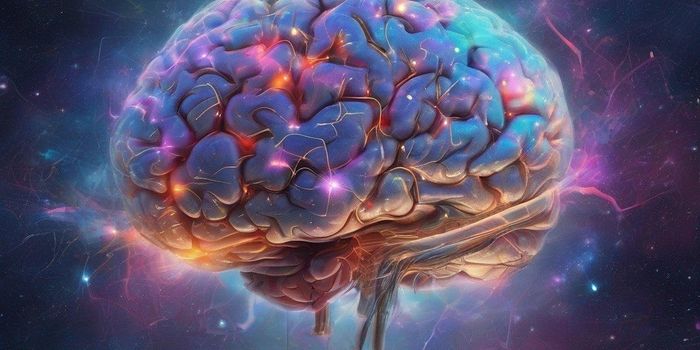Brain Injuries in Kids May Lead to Cognitive Problems
When children or teens experience a severe blow to the head, like one that might be sustained in a car accident, fall, or sporting event, it could reduce the brain's size and lead to cognitive difficulties, according to a new study in Brain. Those cognitive problems could include issues with concentration, memory, or problem solving. Though traumatic brain injury has been studied in adults, it's harder to assess how it changes the brains of children and teens because their brains are still growing.
To overcome that challenge, scientists analyzed measurements taken from about 1,200 uninjured people from the ages of 8 and 22 with normally developing brains. They used that as a tool to see how children were impacted by a moderate or severe brain injury; brain scans were also assessed from 39 kids between the ages of 12 and 16 who had recently experienced a moderate or severe brain injury.
"When children or young people suffer a serious blow to the head, they are usually given a scan to look for any brain injury. Using the results of this research could allow us to start looking at those scans for abnormalities in terms of the growth of the different areas of the brain," explained study co-author Dr. Célia Demarchi of Imperial College London.
The researchers determined that the brain volumes of some injured kids were smaller than would be expected based on what was seen in uninjured brains. They also suggested that these brain injuries may be connected to behavioral and learning problems.
First study author Dr. Niall Bourke, now at King's College London, added that researchers and clinicians know that some kids with a traumatic brain injury will eventually have learning or emotional difficulties, but we're not yet able to predict who will have these problems or not. This research could help develop diagnostic tools that can get these individuals help with these issues sooner, and they might receive treatment.
This work showed that out of the 39 brain-injured individuals studied, there was a reduction in white matter in one part of the brain of eleven teenagers with a brain injury. Gray matter was reduced in seven of the 39 people with brain injuries.
Teenagers that were found to have reductions in brain volume were also more affected by depression, apathy, anger, learning difficulties, and disruptions in mental processing compared to the kids with uninjured brains. There were also reports of cognitive difficulties in kids who had experienced a brain injury without reduced brain volume.
Head injuries have different impacts for different people. Brain scans might be able to identify who is at risk one day, however, so these patients can get the help they need, added study co-author Professor David Sharp of Imperial. "This is really important as difficulties experienced by young people can have lasting impacts on their education and subsequent opportunities in adult life."
Sources: Imperial College London, Brain









